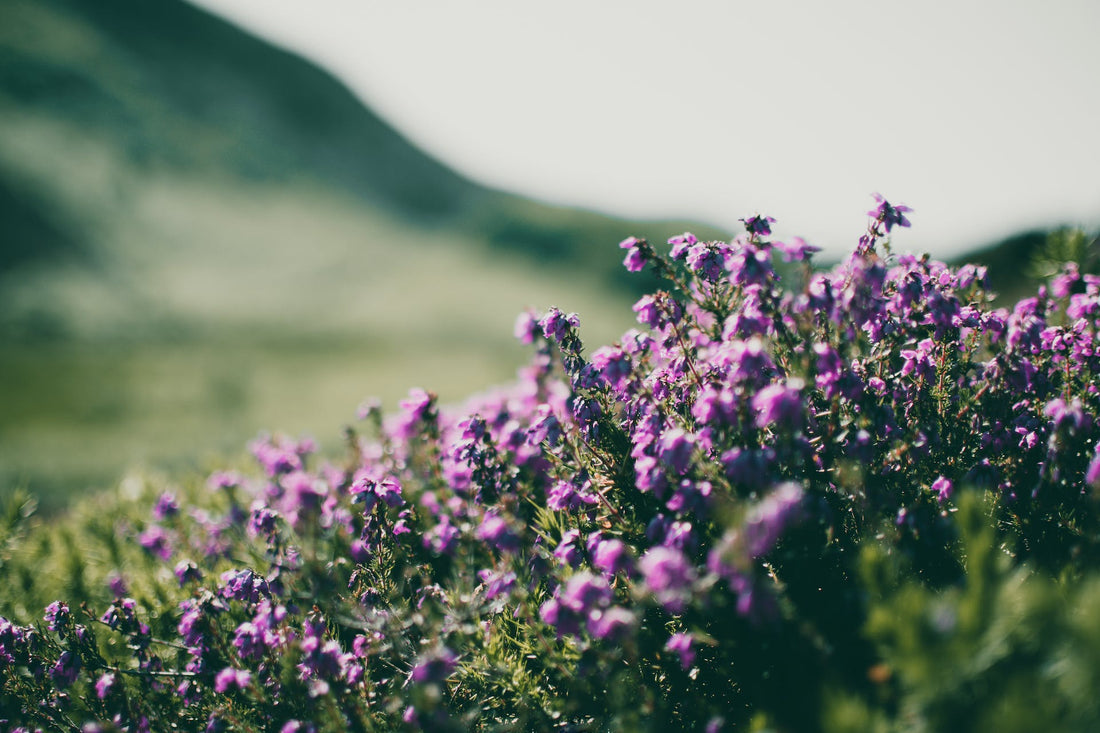
Embracing Sustainability: How Florists are Blooming into Eco-Friendly Businesses
Share
Because of the urgency of the climate issue, consumers are becoming increasingly aware of the environmental impact of their purchasing decisions, and the floral industry is no exception. Florists, traditionally operating within a trade often criticized for its carbon footprint and unsustainable practices, are now compelled to seek eco-friendly alternatives. Embracing this shifting consumer demand, several forward-thinking florists have embraced the B-Corp certification to showcase their commitment to sustainability. By adopting greener practices and joining the ranks of B-Corps, florists can transform their businesses while meeting the ever-growing demand for eco-friendly floral purchases.
Recognizing the Need for Change
Florists all over the world have begun to acknowledge the need for eco-friendly practices as sustainability becomes a key concern for consumers. Floral businesses, with their reliance on pesticides, intensive land use, and long transportation routes, are increasingly aware of their environmental impact. In response, many establishments are adopting sustainable practices to meet the growing demand for eco-friendly choices.
Becoming B-Corps: A Step Towards Sustainability:
The B-Corp certification is awarded to businesses that commit to environmental and social sustainability, making it an ideal platform to showcase a florist's commitment to eco-friendly practices. By becoming a B-Corp, florists demonstrate transparency, accountability, and a focus on holistic sustainability rather than just profit-making. Renowned florists such as Farmgirl Flowers in the United States and Floriography Flowers in Australia have successfully transitioned into B-Corps, inspiring others to follow suit.
Eco-Friendly Practices to Adopt
Becoming eco-friendly involves adopting a range of practices that minimize environmental impact throughout the floral supply chain. Florists can focus on the following areas to make their operations more sustainable:
Sustainable Sourcing: Partnering with local growers or selecting international suppliers dedicated to ethical and sustainable practices can help reduce the environmental impact of transporting flowers thousands of miles. Supporting fair-trade and organic options also contributes to sustainability goals.
Reducing Waste: Implementing composting systems, reusing packaging materials, and minimizing non-recyclable waste can significantly reduce the overall environmental footprint. Emphasizing the use of biodegradable and recyclable materials in floral arrangements promotes sustainability further.
Energy Efficiency: Opting for energy-efficient equipment, implementing LED lighting, and utilizing low-energy processes can significantly reduce a florist's carbon emissions. By investing in renewable energy sources, such as solar panels, florists can further mitigate their environmental impact.
Promoting Biodiversity: Encouraging the inclusion of native flowers and plants in arrangements promotes biodiversity and supports local ecosystems. Florists can actively engage in activities like urban beekeeping or creating rooftop gardens to contribute positively to the environment.
Educating and Engaging Consumers:
Florists such as Floristics Co. have a unique opportunity to educate consumers about eco-friendly choices they can make when purchasing flowers. By highlighting the benefits of sustainable practices, florists can raise awareness and foster a preference for eco-friendly floral options. Utilizing social media platforms, website blogs, or organizing workshops are effective ways to engage customers and spread sustainable knowledge.
